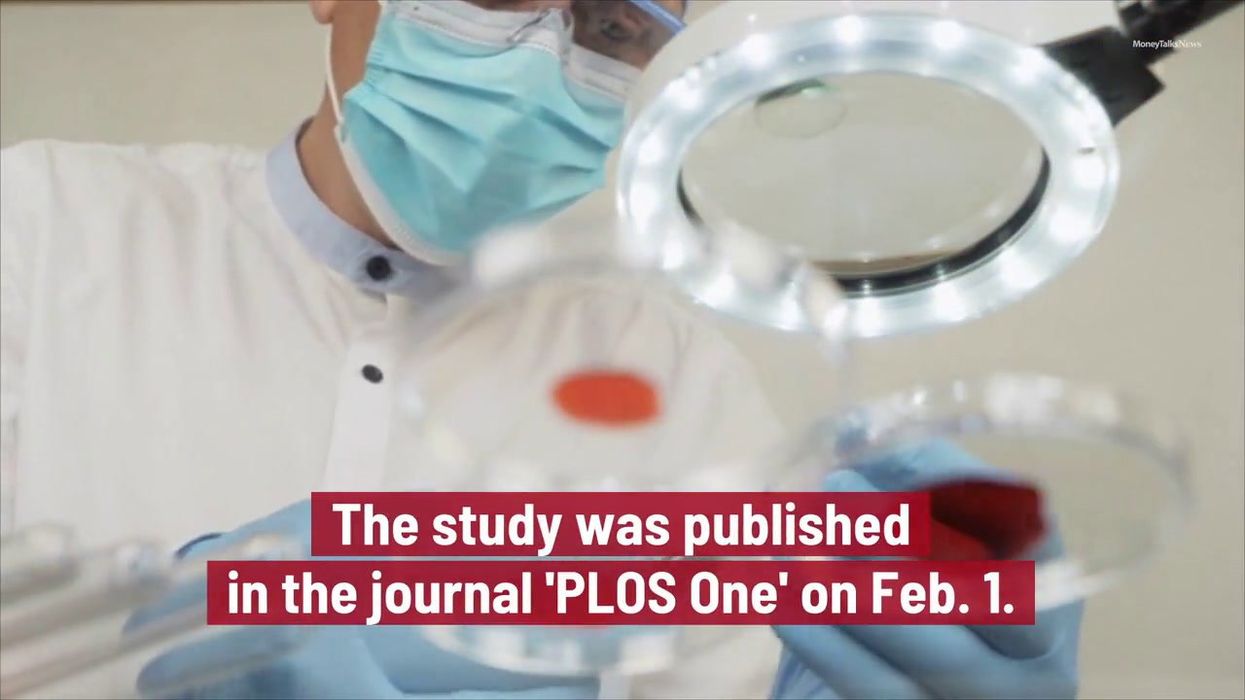Catherine Shuttleworth
Feb 28, 2024
Microplastics From Food Packaging and Paint Found in Human Veins
Money Talks News / VideoElephant
A new study has found microplastics in every tested human placenta, leaving researchers concerned over the potential health impacts on developing foetuses.
A total of 62 placental tissue samples were analysed in the study, and the most common plastic detected was polyethylene, which is used to make plastic bags and bottles. It has also been suggested that microplastics may be linked to the clogging of blood vessels after a second study showed microplastics in all 17 human arteries tested.
Other areas of the human body where microplastics have been detected include in human blood and breast milk. Whilst the health impact is unknown, microplastics have been shown to cause damage to human cells in the laboratory.
Microplastics are known to be consumed through food and water as well as breathing them in. The tiny particles have polluted the entire planet, and have been found in the faeces of babies and adults.
Prof Matthew Campen, at the University of New Mexico, US, who led the research, said: “If we are seeing effects on placentas, then all mammalian life on this planet could be impacted. That’s not good.”
The growing concentration microplastics in human tissue could explain the increase in health problems such as inflammatory bowel disease (IBD), colon cancer in those under 50, and declining sperm counts, explained Prof Campen.
The research found microplastics in all the placenta samples, with concentrations ranging from 6.5 to 790 micrograms per gram of tissue. After polyethylene, PVC and Nylon were the most common plastics identified.
Campen stressed that microplastics in the environment "is only getting worse" and added the concentration in placentas is especially worrying. The tissue begins to form roughly a month into pregnancy, only growing for eight months. “Other organs of your body are accumulating over much longer periods of time,” he added.
Sign up to our free Indy100 weekly newsletter
Have your say in our news democracy. Click the upvote icon at the top of the page to help raise this article through the indy100 rankings.
How to join the indy100's free WhatsApp channel
Top 100
The Conversation (0)













